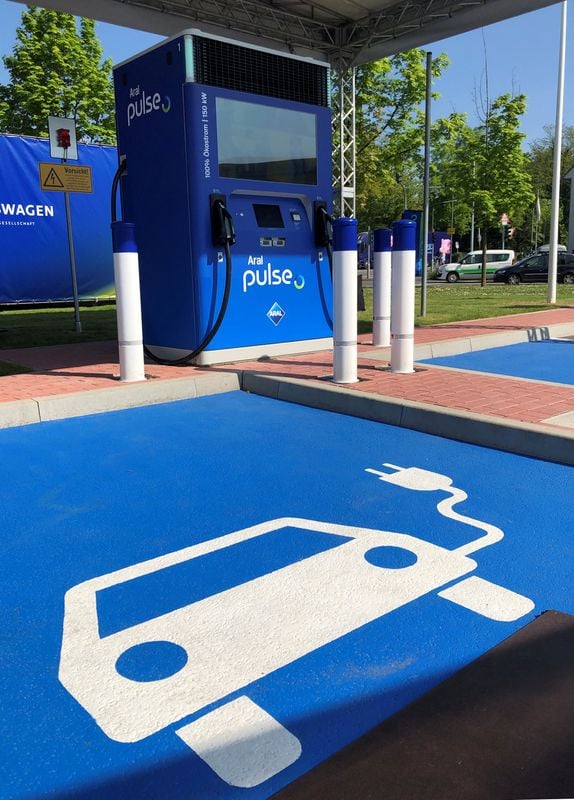TRENTON, NJ – It hasn’t been a good week for New Jersey Governor Phil Murphy’s green energy agenda. Last week, he lost two of his big offshore wind energy projects. This week, news from automakers on a lukewarm interest in electric vehicles has dampened the reality of the governor’s goal to eliminate gas-powered cars by 2035.
The cold, harsh reality is, nobody wants to drive an EV. While most New Jerseyans would jump at the chance to save the environment, they just don’t have faith and confidence in EVs. That lack of confidence and affordability in electric vehicles is casting a dark cloud on Murphy’s ambitious plan.
Let’s face it: the governor doesn’t even drive an EV. He is carted around the state in a fleet of gas-guzzling Chevy Suburbans.
Recent developments in the automotive industry reveal a notable shift in strategies concerning electric vehicles (EVs). Major automakers like Ford and General Motors are adjusting their production plans amid changing market demands for battery-powered vehicles.
Ford, which had previously increased production capacity for its F-150 Lightning electric pickup, recently announced the temporary suspension of one production shift for the model. Simultaneously, the company is refocusing efforts on hybrid vehicles. General Motors, another industry giant, disclosed a postponement in some of its electric truck production by a year, indicating a reassessment of its EV strategy.
This shift comes at a critical juncture for the electric vehicle market, which now offers consumers an unprecedented variety of options. Industry observers had anticipated that this increase in choice would accelerate the transition from gasoline-powered vehicles to EVs. However, the current market dynamics suggest that the transition is facing more challenges than expected.
Compounding the situation is the downturn in the once-thriving EV startup sector. Companies like Lordstown, Volta, and Lucid, previously celebrated by Wall Street, are now experiencing significant setbacks, with some closing operations and others failing to meet their projected targets.
These developments mark a crucial test for the EV market. As consumer preferences evolve and economic factors come into play, automakers are finding themselves at a crossroads, needing to balance the push for innovation with market realities. The industry’s response to these challenges could shape the future trajectory of electric vehicle adoption worldwide.
